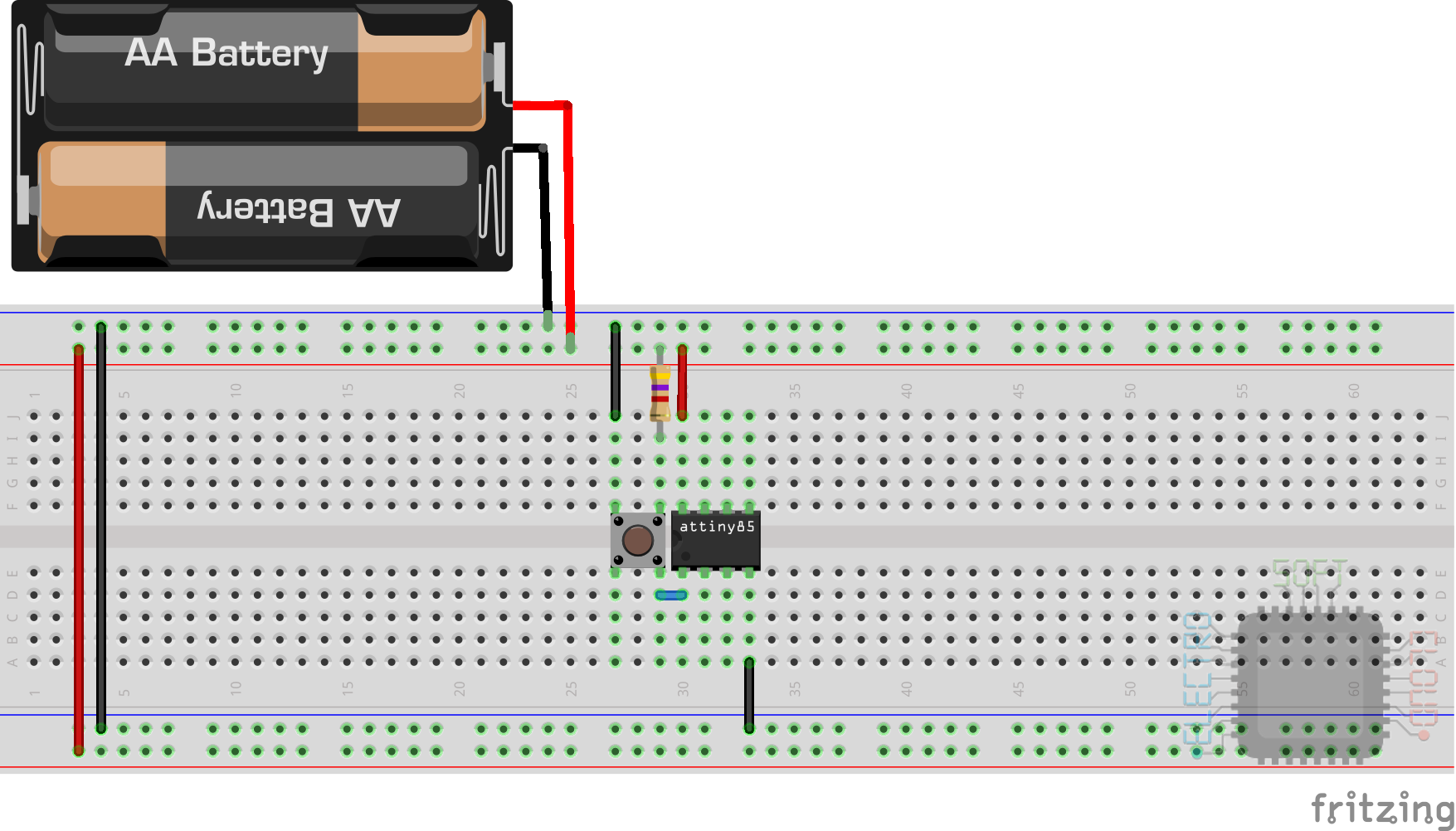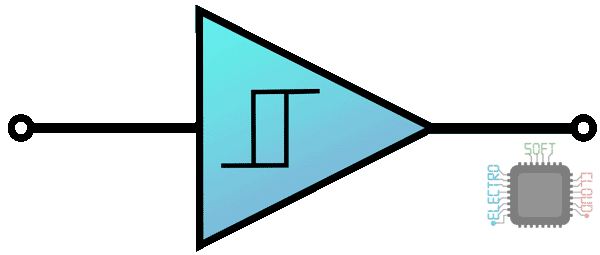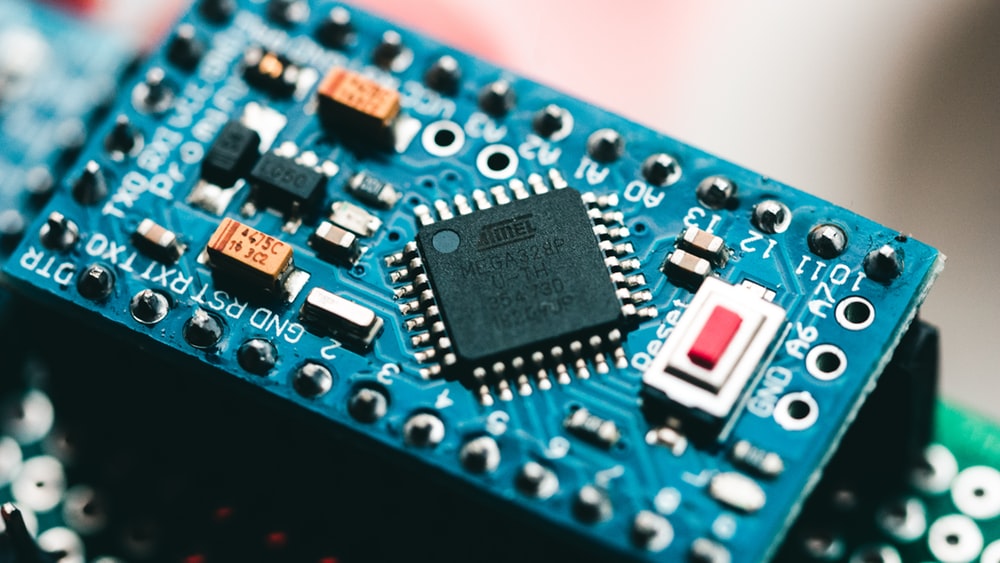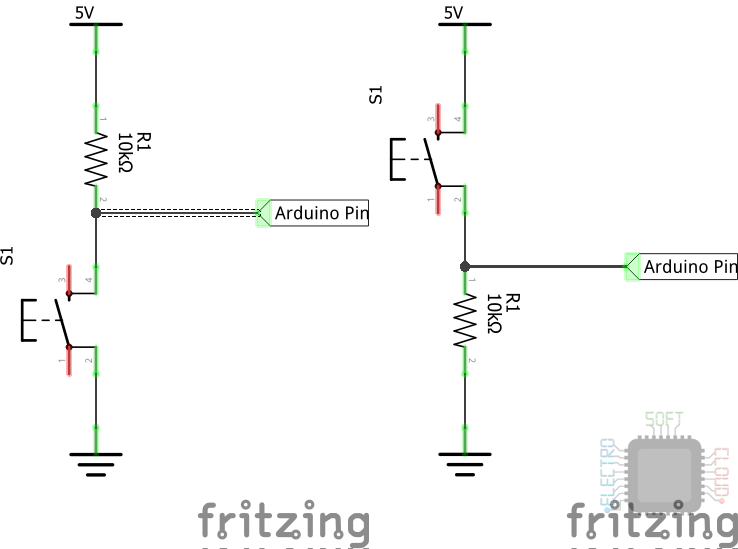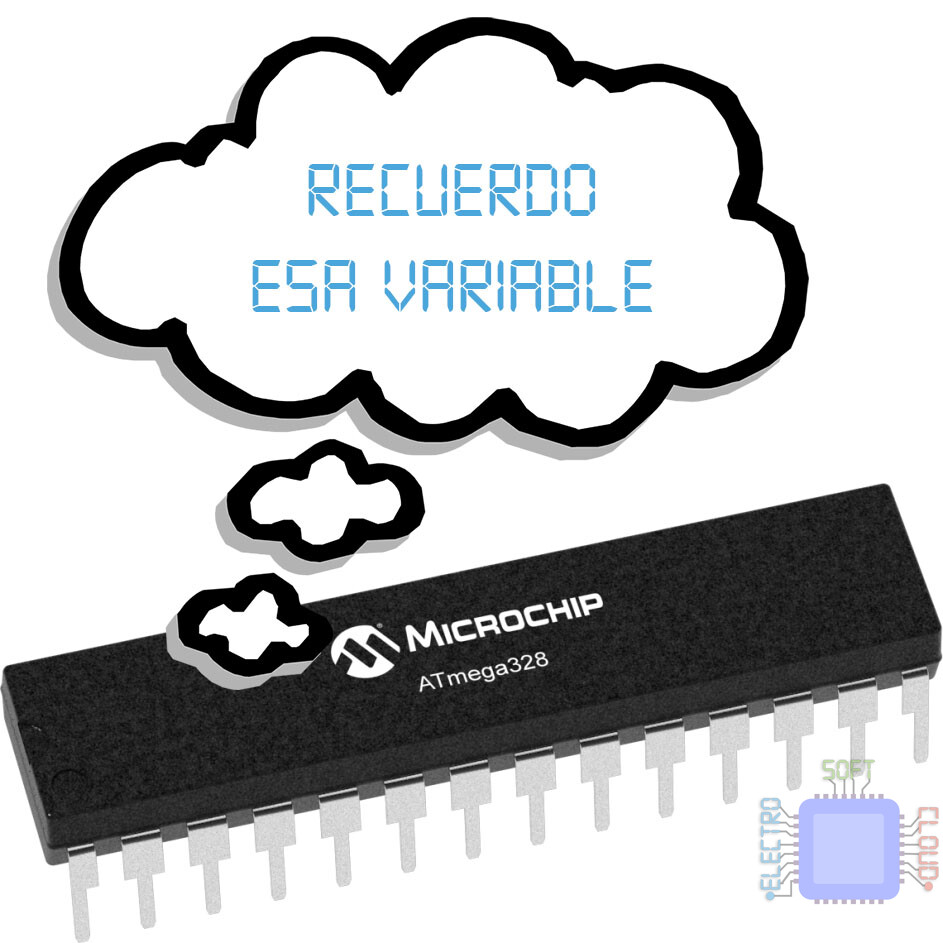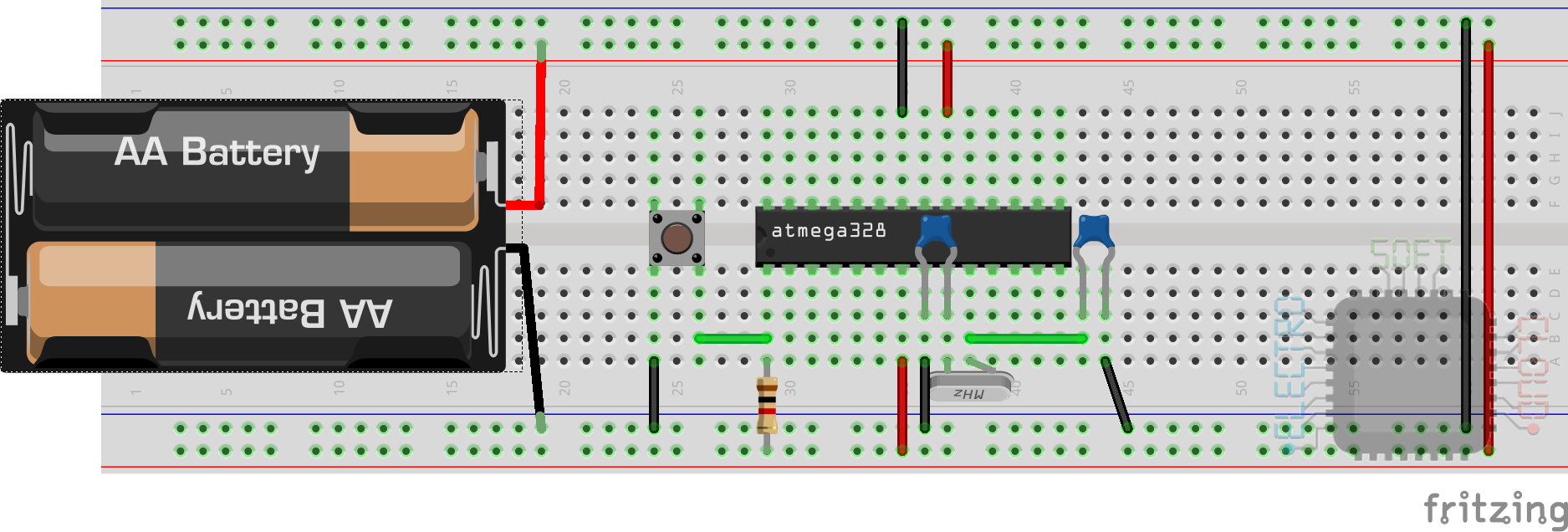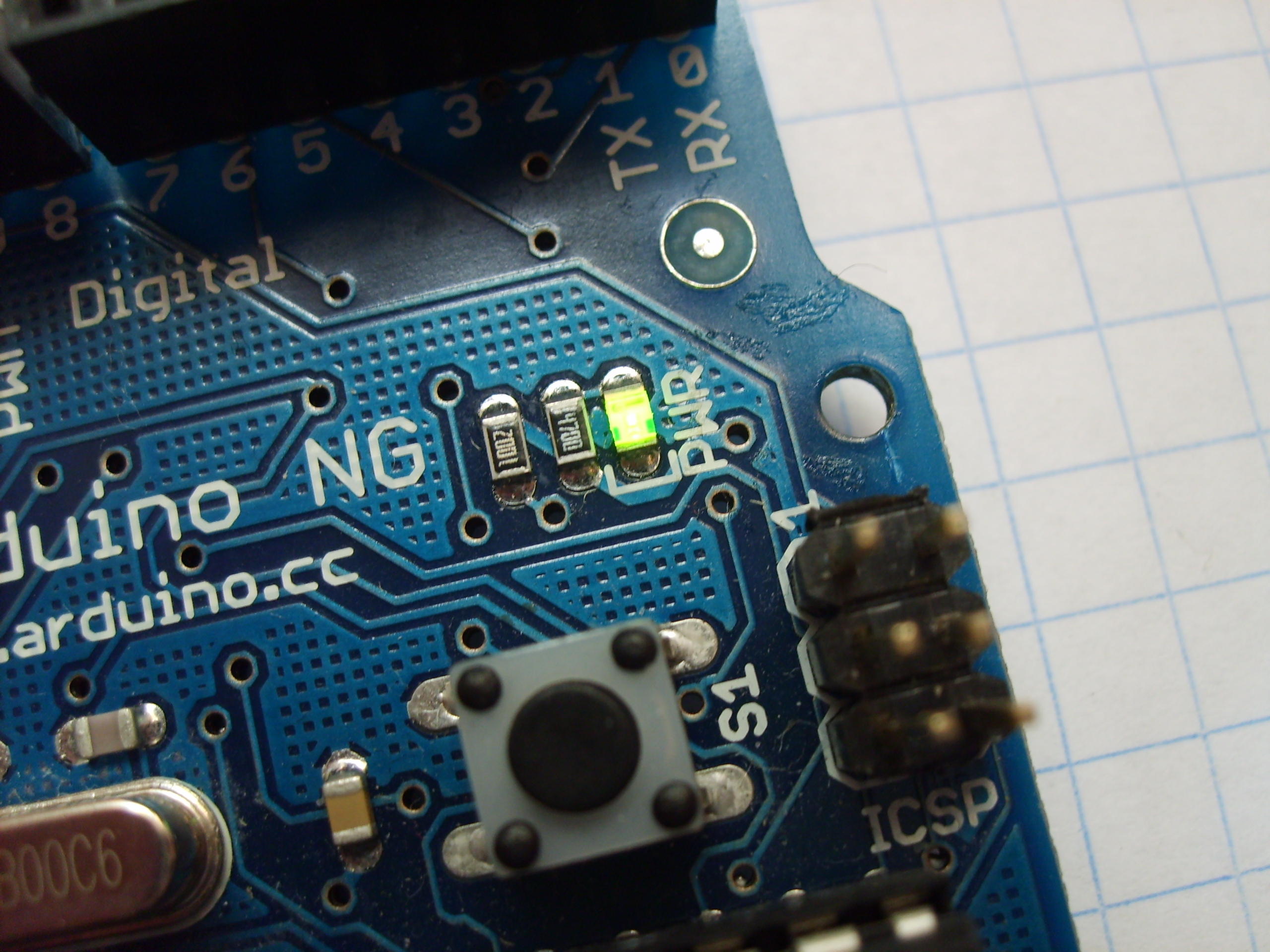ATTiny85 basic circuit and programming
In this case I am going to bring you a guide about the basic circuit and programming of an ATTiny85. The basic circuit is very simple and only needs a resistance as an external component, unless we want to vary the clock speed with an external crystal. To keep this guide simple for the time … Read more

